We asked some of our passionate women in STEM about their own career paths and their advice to students.
With science, technology, engineering and mathematics (STEM) a rapidly growing field, it’s a great time to start on your journey to an exciting and rewarding career.
In fact, earlier this year, the Department of Employment, Skills, Small and Family Business projected that over five years to 2024, STEM occupations will grow by 11.6%, while all other jobs are projected to grow at 7.5% over the same period.
At RMIT, we encourage gender equity and diversity in STEM, because having diverse perspectives in our community makes us all more innovative and inclusive. We’re part of a nationwide push to create new opportunities for women to enter STEM careers, and we support our female-identifying students to succeed with opportunities, activities and mentorships.
Here’s how some RMIT women in STEM are kicking goals in their fields.
Dr Charlotte Conn: RMIT professor who learned to lead in Antarctica
When Charlotte Conn, Associate Professor in Applied Chemistry and Environmental Science, applied for a three week leadership course that takes place on board a boat to Antarctica, with 80 women from 37 different countries, she was equal parts terrified and excited.
“I’d read about the first group who went on Homeward Bound, a cohort of women focusing on climate change and gender equity in STEM,” Conn says. “Going on the course, there were so many personalities, ages, backgrounds, but it was amazing to see a community of women supporting women.
“I learned a lot from meeting Christiana Figueres, who oversaw the Paris Agreement when she was the Executive Secretary of the United Nations Framework Convention on Climate Change.
“I feel like we’re quite used to seeing big men as leaders, so meeting her was a visual demonstration for me that you don’t need to be a loud and aggressive guy to get things done, because this small, zen woman managed to do what generations of people could not do, and pull disparate countries together to sign the agreement.
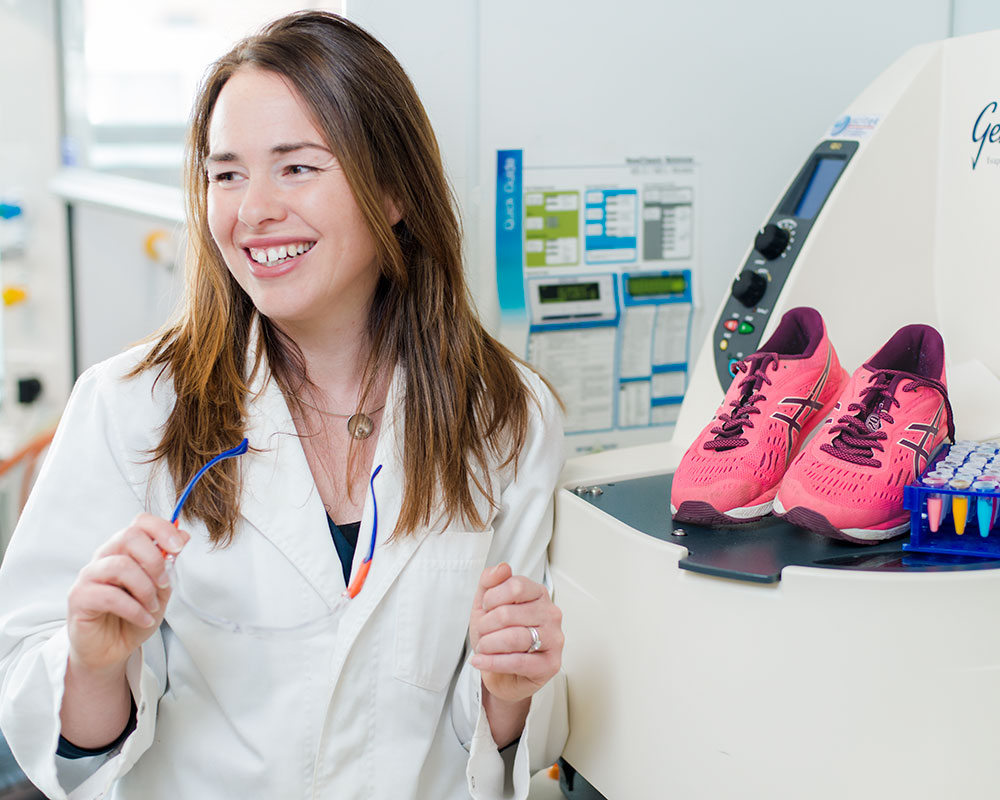 Dr Charlotte Conn, Associate Professor in Applied Chemistry and Environmental Science.
Dr Charlotte Conn, Associate Professor in Applied Chemistry and Environmental Science.
“So my advice is don't be put off from studying science because you can’t see any examples of successful scientists who look like you: whether that’s because you’re a woman, the culture you come from, or the language you speak at home. Real innovation and the very best science come from diverse teams of people working together.
“We have a critical need for more scientists from different backgrounds who’ll bring diversity of thought to solving some of the biggest problems in science: climate change, antimicrobial resistance and dealing with a global pandemic like COVID-19.”
Dr Kate Fox: Game-changing researcher and one of Australia's Superstars of STEM
Associate Professor in RMIT’s School of Electrical and Biomedical Engineering, Kate Fox is passionate about promoting engineering as a great career choice for women and supporting students to create technologies that help the community.
In 2019, Fox was named one of Science & Technology Australia’s Superstars of STEM, a program working to increase the public visibility of women in STEM and change society’s gender assumptions about scientists. Fox’s research uses 3D printing to make new kinds of medical implants, investigating materials that are more compatible than metal with bones in the body, like diamond!
“Teaching at RMIT, I’m exposed to a really bright generation coming forward who are altruistic and keen to create technologies that will help people in the future,” Fox says.
“I’m passionate about using my platform for outreach and encouraging my students to use their powers for good not evil, because the whole purpose of Biomedical Engineering is to make things that people will use to enhance their lives.”
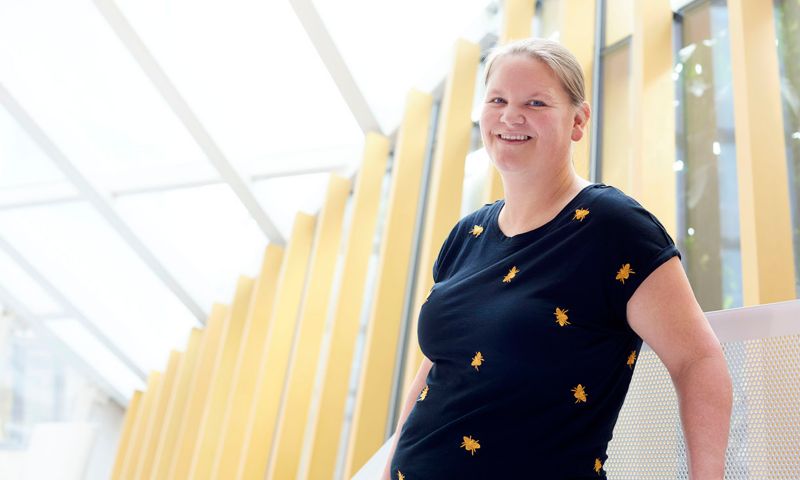
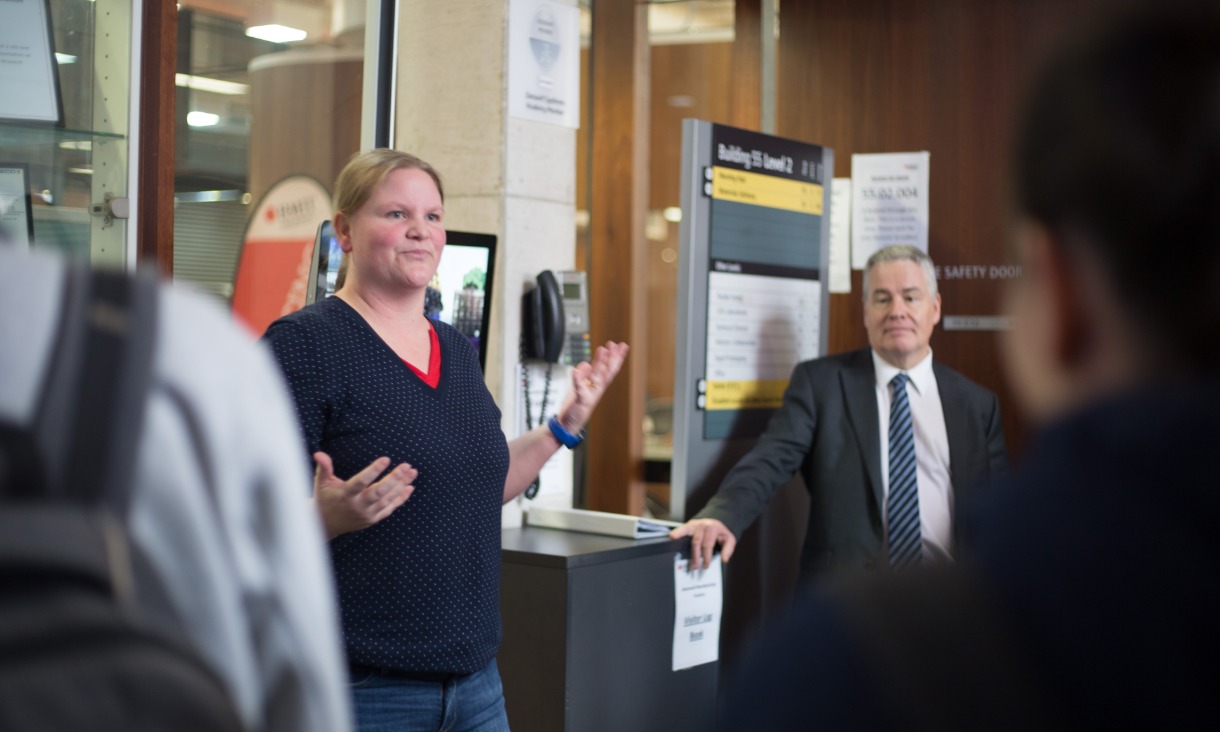 Dr Kate Fox is passionate about promoting engineering as a great career choice for women.
Dr Kate Fox is passionate about promoting engineering as a great career choice for women.
Victoria Wan: Biotechnology student with international field research experience
Getting hands-on experience that puts theory into practice is important to Bachelor of Science (Biotechnology) student Victoria Wan. She’s made the most of her degree, getting practical experience using specialist equipment and going on two accredited international study projects.
"Reading textbooks and writing down notes is important, but putting my knowledge and skills into practice using RMIT’s advanced biotechnological instruments is one of the best ways I’m able to learn, question and understand new material,” Wan says.
"I went on a study tour to a small island in Fiji, assessing the marine biodiversity in a locally managed marine area, as well as one to Costa Rica, assisting with the ongoing long-term monitoring of sea turtles and the subsequent collection of developmental data. These opportunities allowed me to experience some of the challenges faced in field research and adapting to a foreign work environment."
Eve Smolinska: Co-founder of RMIT's female engineering student club, FIRE
Joining a student club can bring your uni experience to life, introducing you to a community of passionate people both in your industry and beyond, and providing networking opportunities that can be great for your career.
The social and academic group FIRE - Females in RMIT Engineering - was co-founded by Bachelor of Engineering (Civil and Infrastructure) (Honours) student Eve Smolinska, when she saw an opportunity to connect with her fellow female engineering students across different disciplines and year levels.
This club empowers female engineering students through peer mentoring, networking events and STEM volunteering opportunities.
“We wanted to support women through opportunities for networking, and we organise social events, like a picnic in the park or a yoga class, as well as industry events, like a Women in Construction discussion panel for the civil engineering students like myself to discover what a career in construction really means,” Smolinska says.
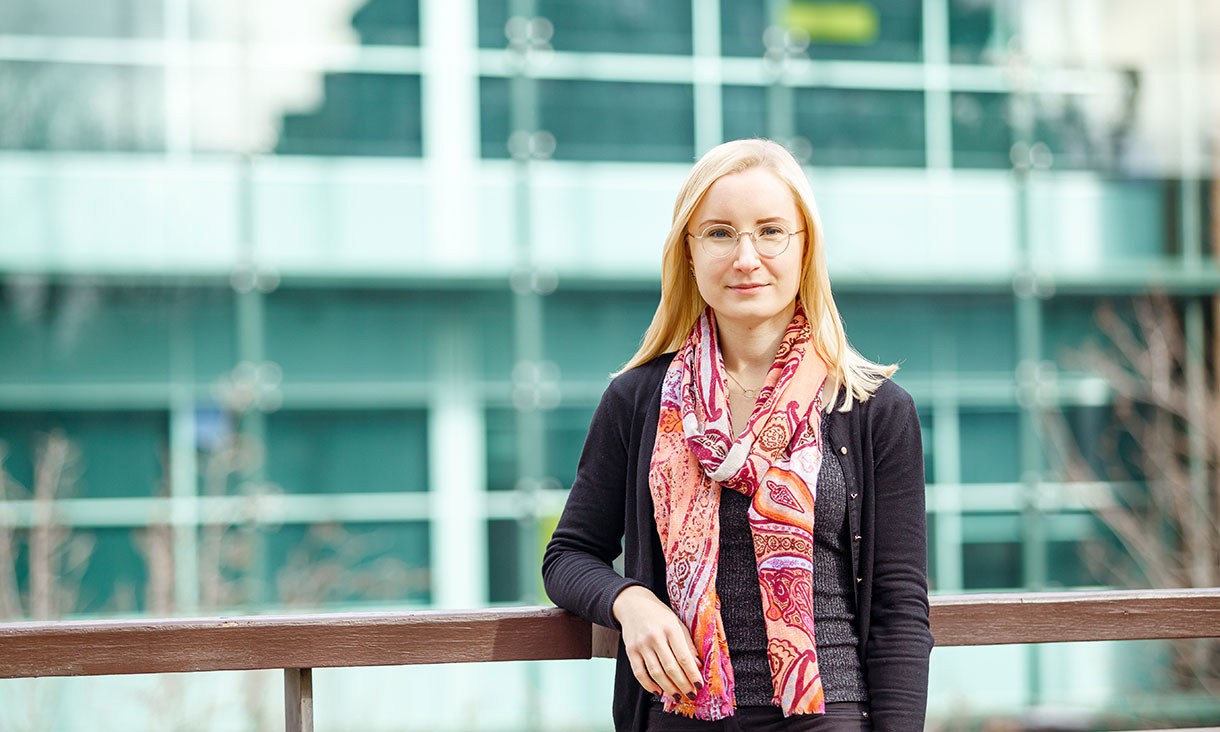 Eve Smolinska, Bachelor of Engineering (Civil and Infrastructure) (Honours) student.
Eve Smolinska, Bachelor of Engineering (Civil and Infrastructure) (Honours) student.
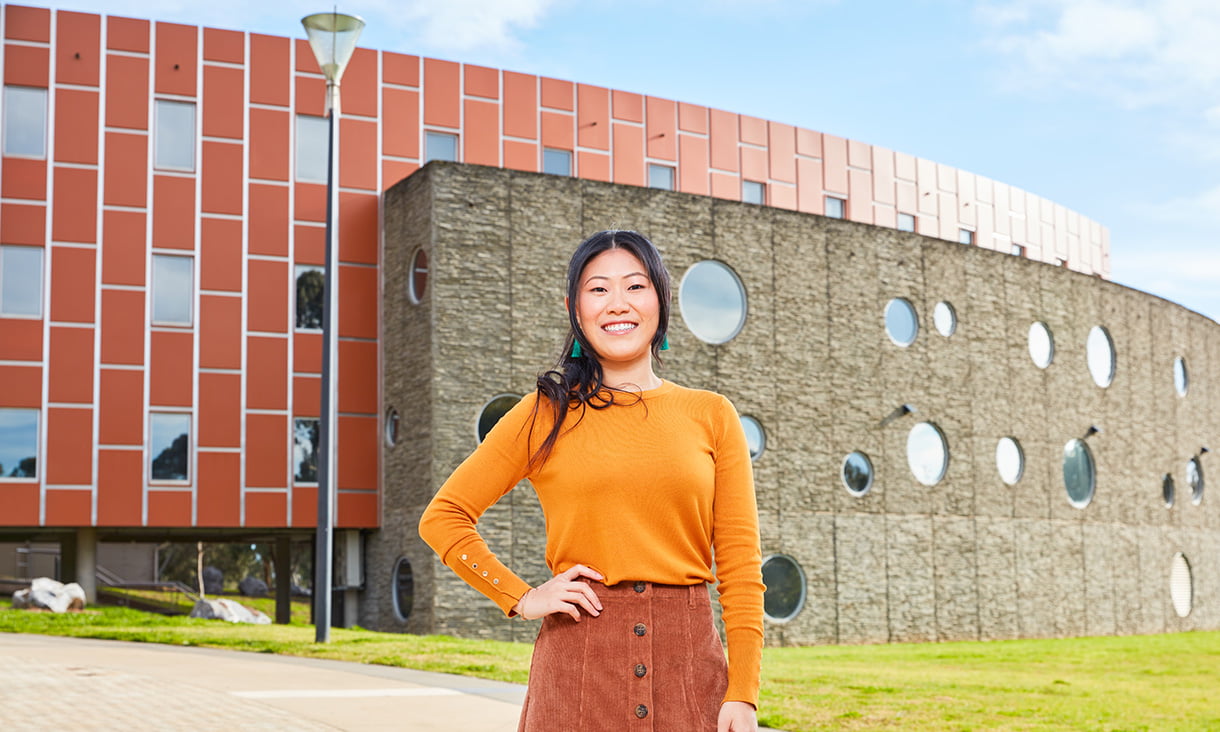 Victoria Wan, Bachelor of Science (Biotechnology) student.
Victoria Wan, Bachelor of Science (Biotechnology) student.
Dr Laura Judd: Speaker at a recent RMIT event, representing NASA
At a recent RMIT event, STEM students heard from leading women at NASA on how they shaped their careers. Dr Laura Judd, Associate Program Manager for NASA’s Health and Air Quality Applied Science program, said her biggest piece of advice for success is treat internships as an opportunity to connect with as many people as possible.
“Get to know the people who put on internship programs, and talk to the experts they invite to come and help you learn more about your field. You never know where that might eventually lead,” Judd says.
For Judd, expanding her network and seeking opportunity made a big difference in her success. After feeling unsure about her career, she got hands-on air quality research in Southern California as part of NASA’s Student Airborne Research Program, leading to the opportunity to fly on NASA aircraft conducting data collection and earth science research.
There are different career pathways you can take to get to where you want to go, and having a strong community to support you along the way can help you realise your dream.
Story: Hilary Jones